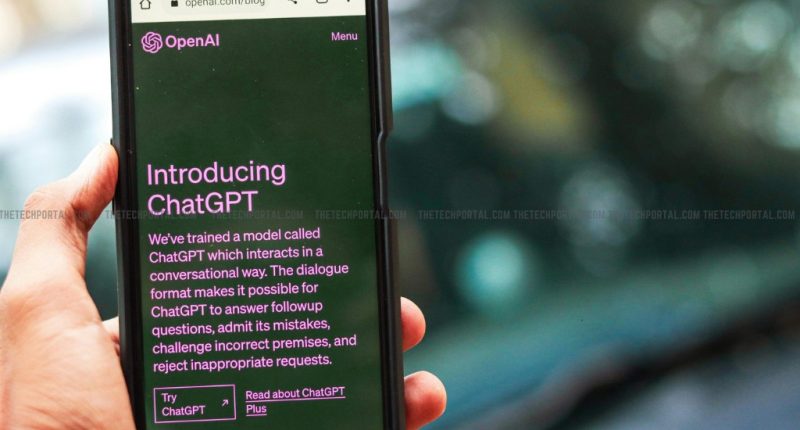OpenAI is in early talks to facilitate a secondary stock sale for current and former employees, a move that could value the company at a total of $500 billion, reports Reuters. If completed, the transaction would make the ChatGPT-maker one of the most highly valued private companies in history, joining the ranks of SpaceX (last valued at $400 billion) and China’s ByteDance.
The proposed deal is expected to generate a hefty amount by allowing employees to sell vested shares, according to people familiar with the matter. The initiative is reportedly drawing interest from existing backers like Thrive Capital and potentially new institutional buyers. It follows OpenAI’s recent $8.3 billion fundraising — part of a $40 billion capital campaign — with participation from Dragoneer Investment Group, T. Rowe Price, Blackstone, and SoftBank.
The structure of this share sale is designed to unlock liquidity for employees, as well as focus on OpenAI’s retention strategy. In the face of poaching attempts from rivals such as Meta and xAI (both offering multimillion-dollar equity packages) OpenAI is using tender offers to incentivize long-term commitment from its most valuable technical staff. This model mirrors the approach taken by Stripe and Canva, which both conducted structured liquidity events at high valuations to retain critical personnel.
OpenAI, ever since it rolled out ChatGPT and became a household name, has been steadily working on AI. Earlier this year, the company released the GPT-4.5 (Orion) and GPT-4.1 models, which further improved reasoning, language support, and expanded context windows to a maximum of one million tokens. Most recently, OpenAI introduced GPT‑oss, its first open-weight models in over five years, making sophisticated AI locally runnable and available freely under Apache 2.0. Other recently introduced features include a in-chat checkout feature for its chatbot.
The company’s financials are in its favour as well – the company’s enterprise revenue is on track to exceed $20 billion annually, up from $13 billion earlier this year. It now counts over 700 million weekly active users across its ChatGPT platform and enterprise clients. Major customers include PwC, Morgan Stanley, Khan Academy, and a growing number of government agencies piloting AI tools for legal and administrative workloads. OpenAI’s momentum also includes product innovation. GPT‑5, expected later this year, is said to deliver a major leap in reasoning and memory, and will serve as the foundation for new autonomous agents and robotics integration. Meanwhile, the company’s foray into hardware, through its $6.5 billion all-stock acquisition of a Jony Ive–backed AI device startup, hints at ambitions to create a more native user interface for its models.
Still, there are challenges. As OpenAI seeks to become a fully for-profit public benefit corporation, internal discussions have centered around the structure of control, mission alignment, and the future of its partnership with Microsoft. Microsoft, which has invested over $13.75 billion, holds exclusive licensing rights to key OpenAI technologies until 2030, and is reportedly seeking revised terms. Central to these talks is the “AGI clause,” a provision that could allow Microsoft to renegotiate or terminate its agreement if OpenAI declares it has achieved AGI. This clause has emerged as a flashpoint in ongoing negotiations, with Microsoft aiming to preserve access to core IP, while OpenAI’s board debates how and when to announce major breakthroughs.
The Tech Portal is published by Blue Box Media Private Limited. Our investors have no influence over our reporting. Read our full Ownership and Funding Disclosure →






